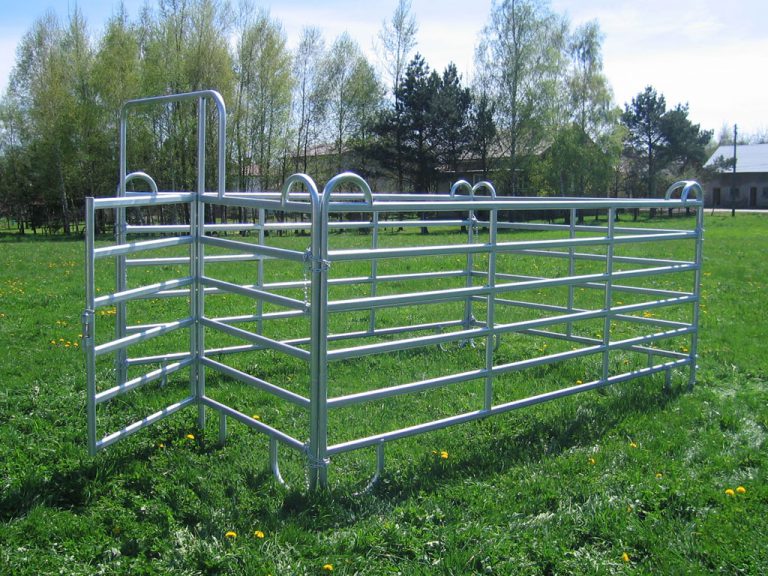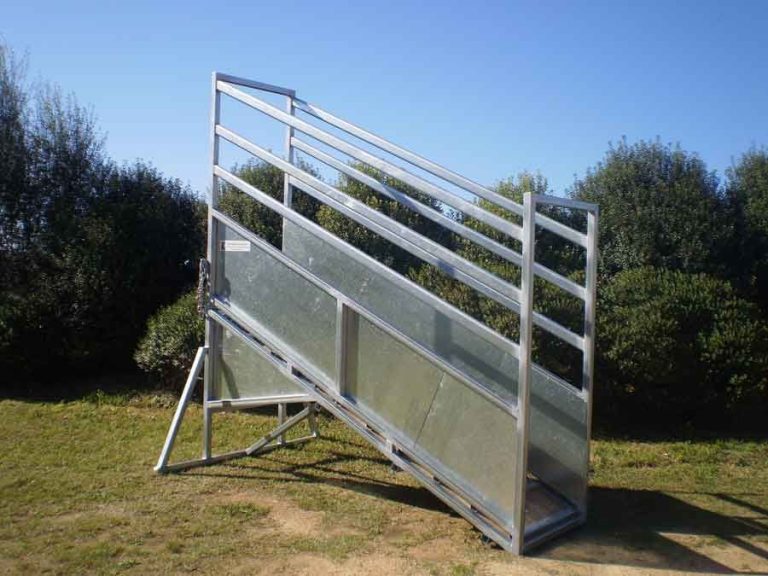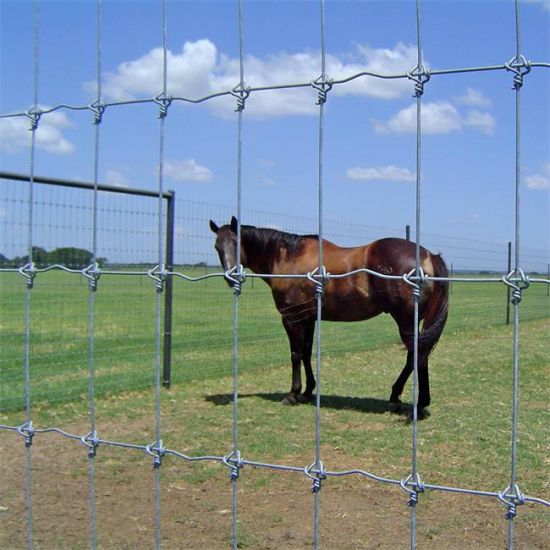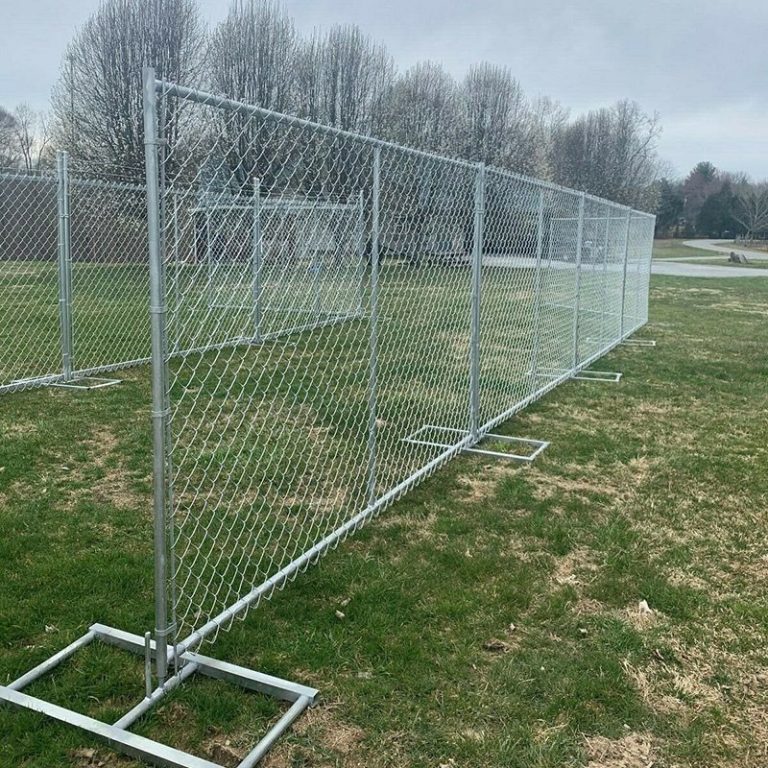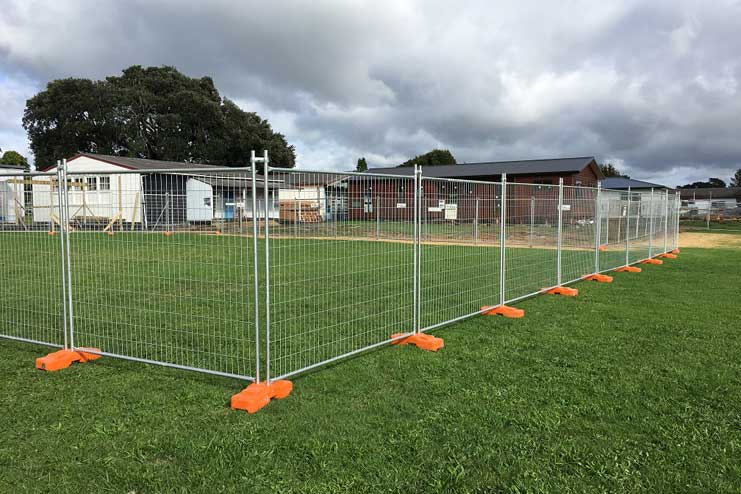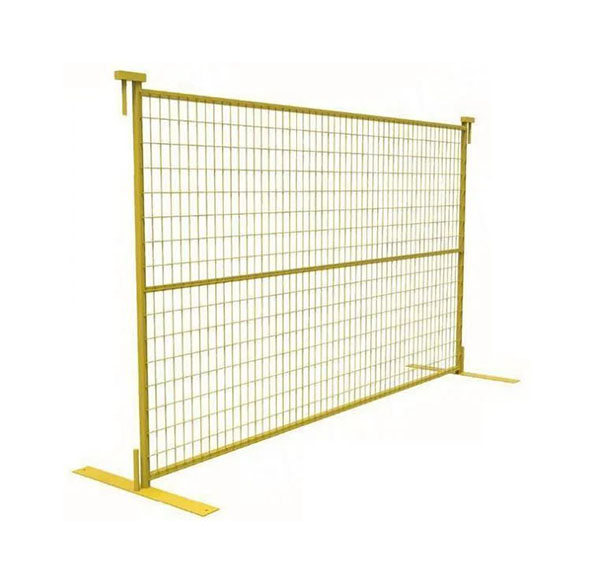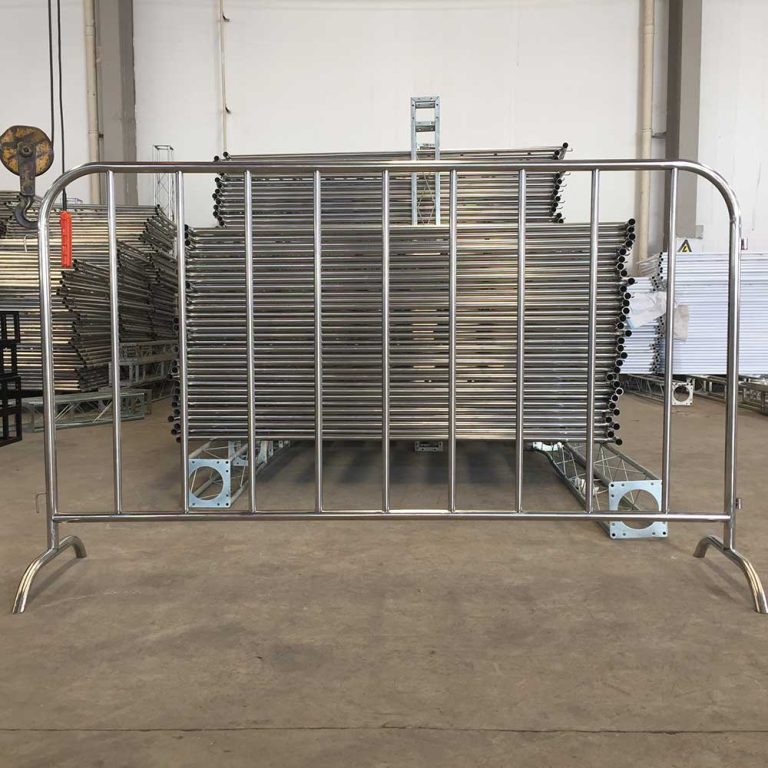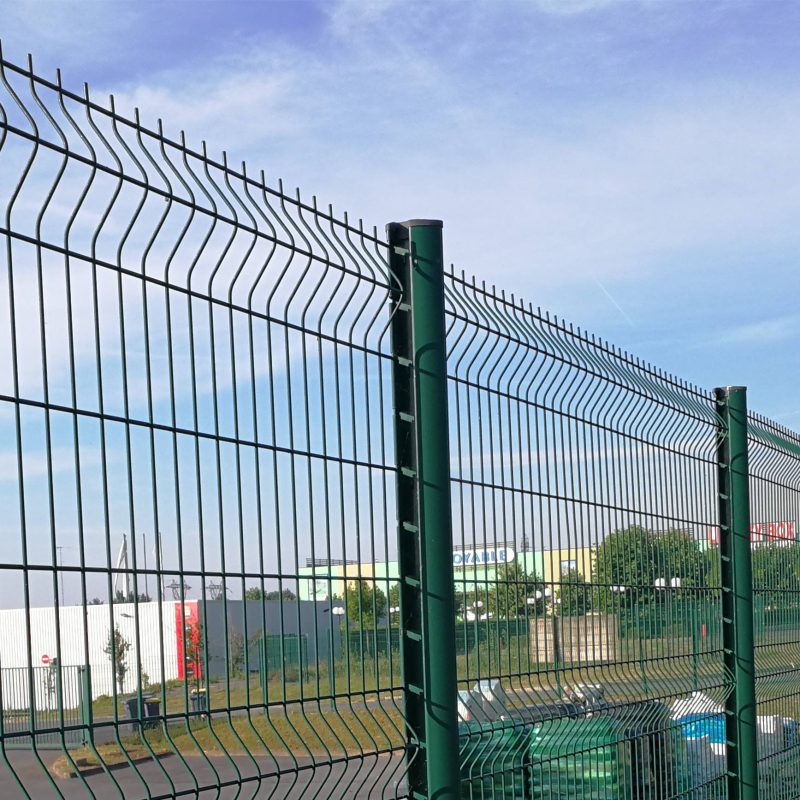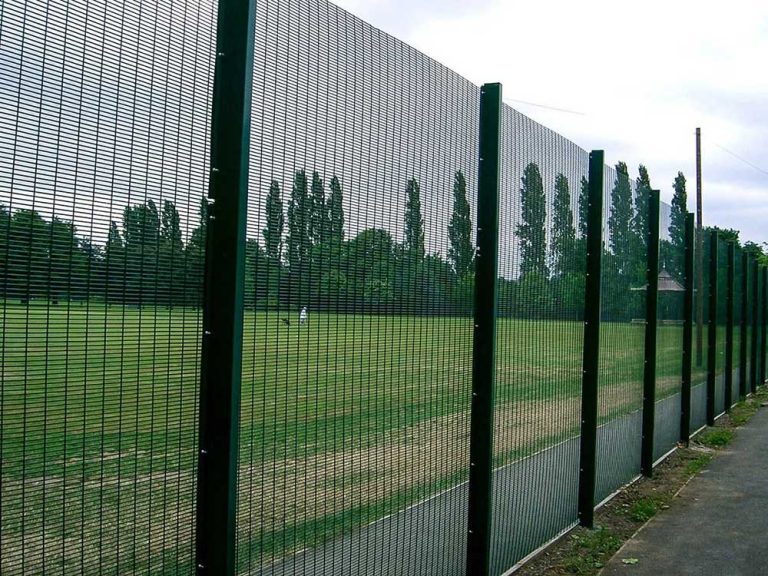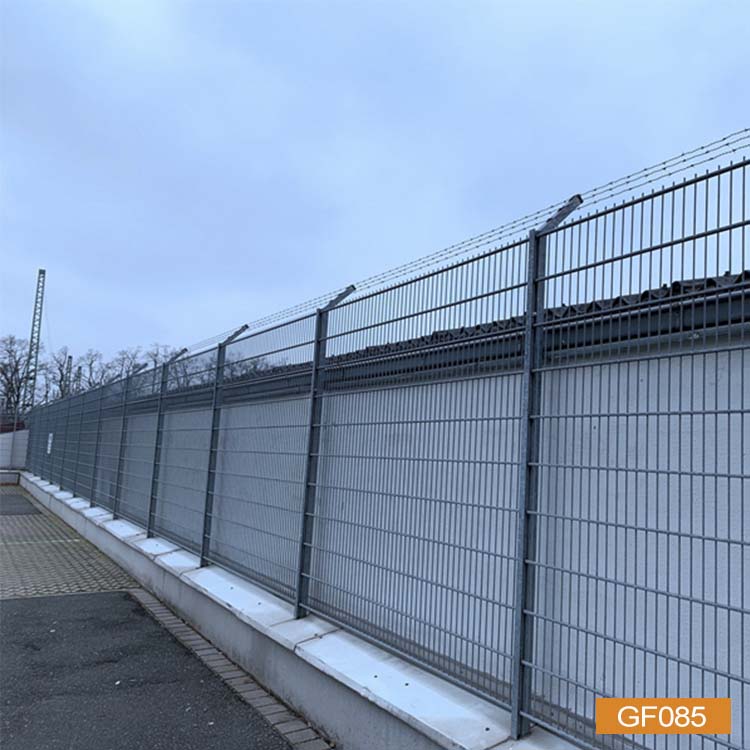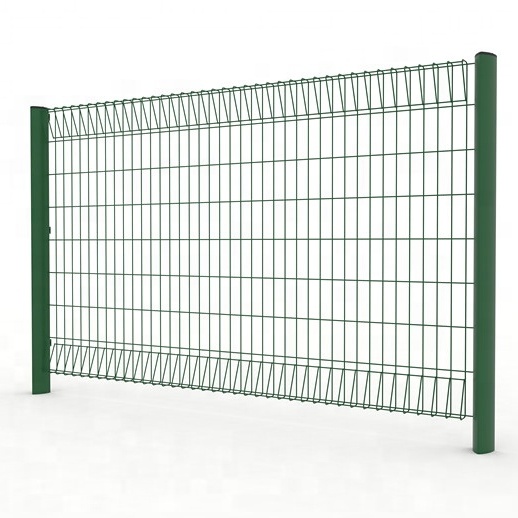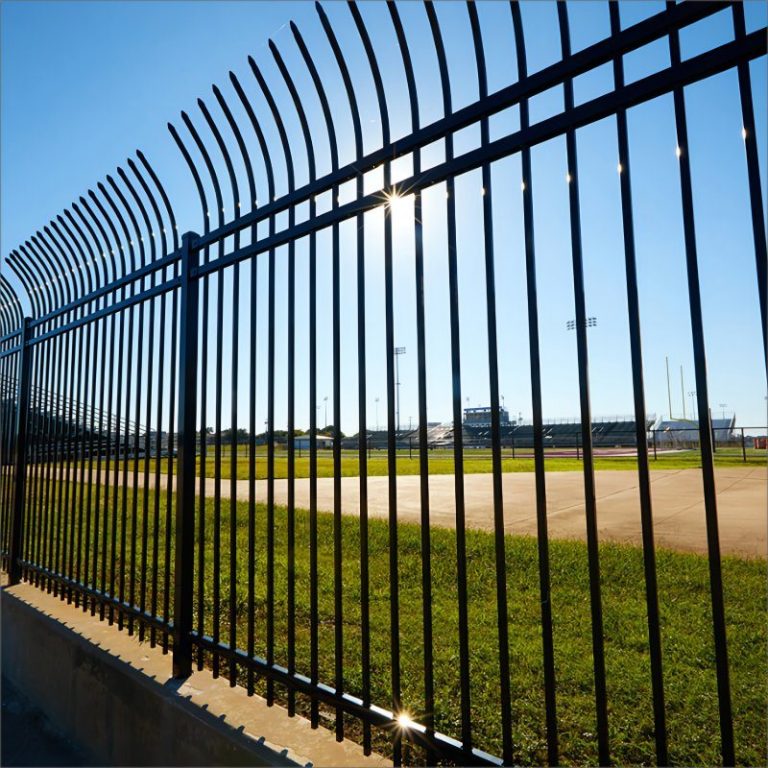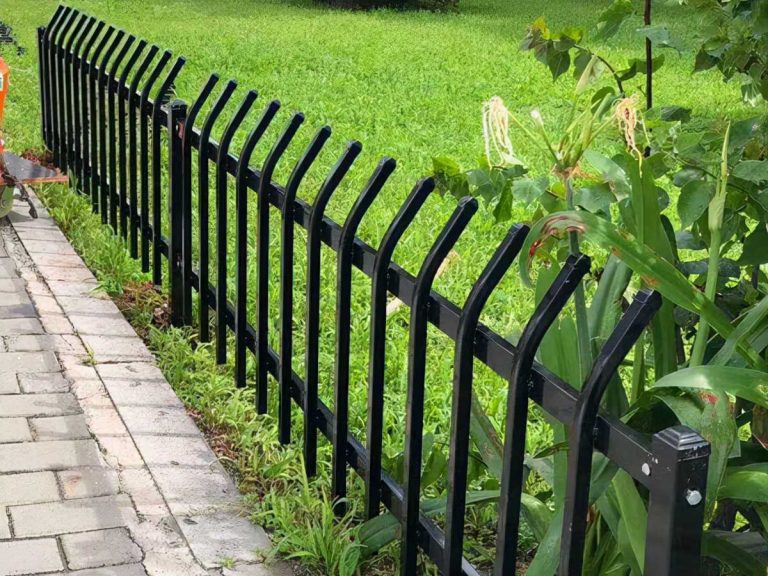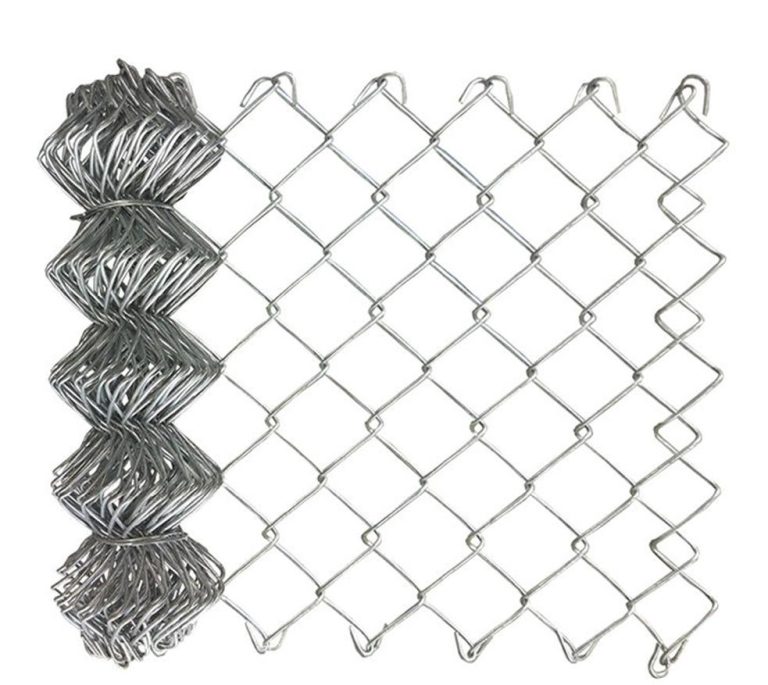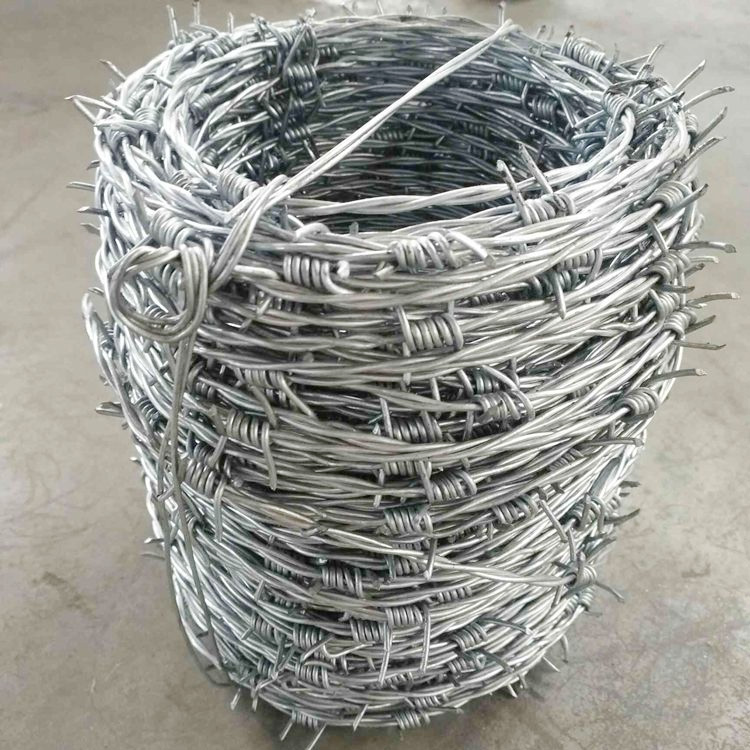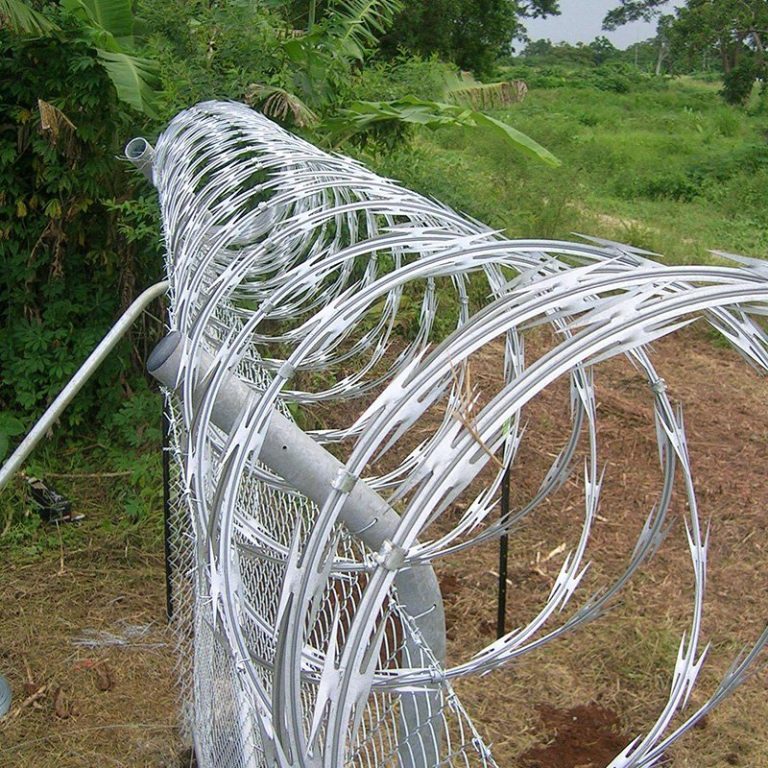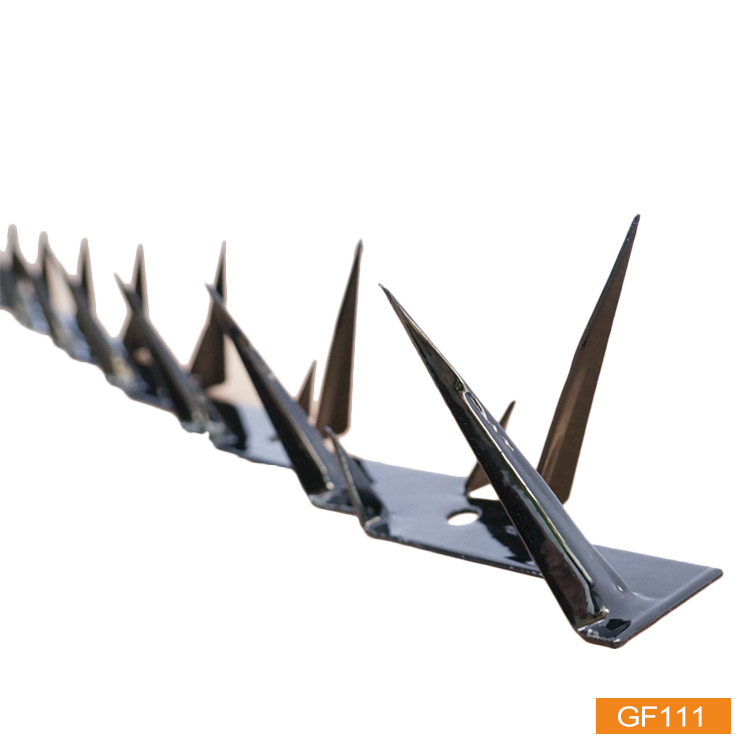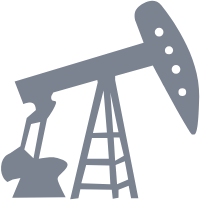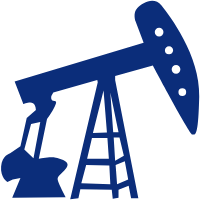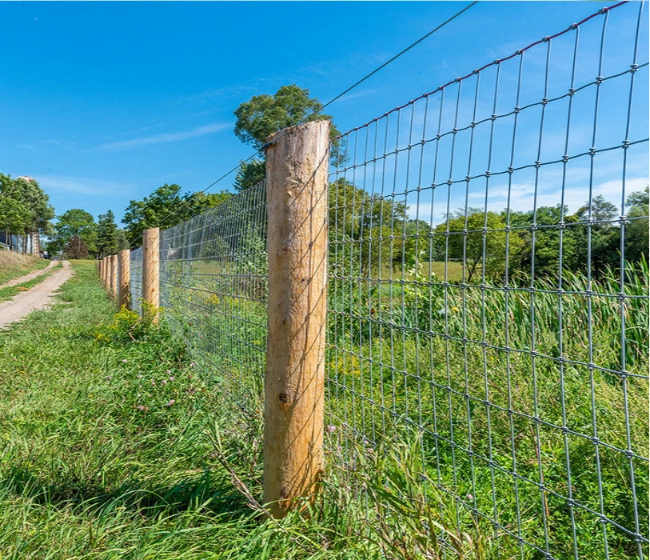
Soil erosion is one of the quiet problems that can hurt farmland. It can make pastures weak. And it can even put buildings in danger in hilly or rainy places. Farmers and landowners have found out that old wooden fences or plain wire barriers do not work well when water and mud start to run down hills. That is where nylon coated field fences help a lot. They mix the power of galvanized steel with a safe layer of woven nylon fabric. This gives both toughness and good things for nature.
Why Do Nylon Coated Field Fences Prevent Soil Erosion?
The main reason nylon coated fences work well is their two part build. The bottom part of the fence uses strong galvanized steel wire. It is woven to deal with push from animals and weather. On top of that, a sheet of nylon fabric, often about 120 grams per square meter, is stitched right onto the mesh. This fabric works like a guard. It stops mud, sand, and little rocks from getting washed down the hill.
In real life, this setup is very helpful in spots with lots of rain. Without this kind of fencing, hills can lose rich topsoil. And farms might make less food. By keeping soil where it belongs, nylon coated fences act as a line and a nature helper.
How Does the Nylon Layer Work?
Picture the nylon as a thin sieve. Water can go through it. But soil and dirt stay behind. As time goes by, this stops the ground from getting empty and worn out. Farmers in high places many times say that after they change to nylon coated fencing, they see grass come back quicker. And animal fields stay green for more time.
What Are the Key Features of Field Fences?
Nylon coated field fences are not only about the fabric. The whole thing is made for power and change. Normal details often include:
Height: 900mm to 2200mm, good for various animals and land.
Length of rolls: 25m, 30m, 50m, and even 100m, which lets you pick for small farms or big ones.
Wire spacing: Horizontal wires spaced from 3 inches at the bottom up to 10 inches at the top, making sure better safety near the dirt.
Vertical wire spacing: Choices like 100mm, 150mm, or 300mm based on animal size.
Wire thickness: From 1.8mm to 2.8mm, with thicker selvedge wires at 2.5mm to 3.0mm for extra toughness.
Surface treatment: Pre–hot dipped galvanized, making the fence fight rust and outside weather.
These points are important when you look at them next to old wooden fences that rot. Or barbed wire that can cut animals. A nylon coated fence holds a solid shape even when weather goes from hot summers to cold winters.
How Do Nylon Coated Field Fences Benefit Livestock Farmers?
When you take care of cows, sheep, or goats, the fence is not just a wall. It is part of your work setup. Animals many times lean or shove against fences. And during bad weather, water push adds more trouble. Nylon coated fences take in this push because of the rolling wave way used in the flat wires. This setup gives bend, so the fence can move a bit instead of break.
The end is less fixes, fewer animals running away, and more calm feelings. Plus, since the nylon part stops mud flows, animals are less apt to get stuck or hurt by loose dirt on slopes.
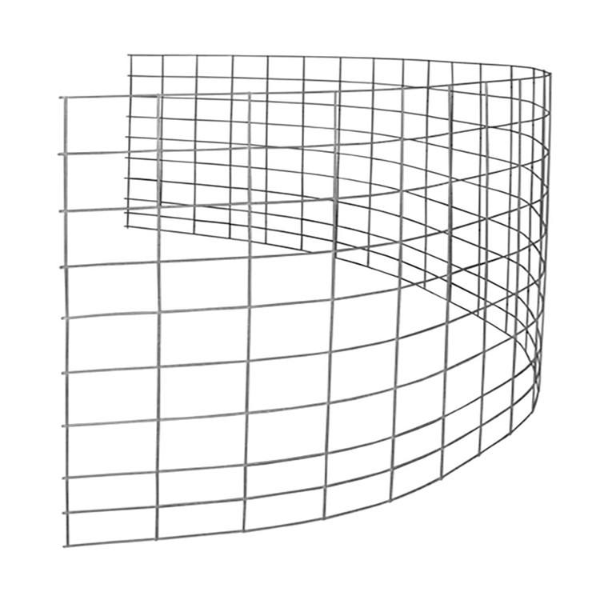
Can Nylon Coated Field Fences Reduce Maintenance Costs?
Yes. Upkeep is one of the hidden prices in farming. Old fences many times need new posts, wire pulling, or rust fixes. A well put nylon coated fence stays good longer because it fights both hits and weather wear. Over many years, this can save lots of money in work and stuff, mostly on big farms.
Where Are Nylon Coated Field Fences Most Useful?
You can put them anywhere. But some spots and setups make them almost needed.
Mountainous terrain: Stops soil from sliding in rain.
Pastures near rivers or streams: Cuts down dirt and bits going into water.
Large cattle ranches: Long rolls of fencing cut setup time.
Eco restoration projects: Guards new trees and grass by holding soil steady.
In lots of countries in Europe and the Americas, nylon coated field fences are already normal for nature safety. In China, more people like them fast as farmers and town leaders see their worth for saving land.
How Should You Install Nylon Coated Field Fences?
Setup follows a simple way. But some rules help the fence do better.
Start with corner posts: They hold the fence and take most of the pull.
Stretch the mesh tightly: Rolling wave wires help keep pull, but you still need right tools.
Secure the nylon layer: Make sure the fabric is stuck well to stop droop or rip.
Use galvanized posts if possible: This fits the fence’s toughness and stops early rust.
Many farmers like to do it on their own. But for big spots or steep hills, getting a skilled worker can save time and make a stronger one.
What Trends Are Driving Demand for Advanced Fencing?
As new farming moves to lasting ways, fencing has turned into more than a plain wall. In many places, farmers pick setups that mix power, nature safety, and low upkeep. Stories on fence tools point out three big changes:
Mixing of fresh stuff like nylon and covered wires.
Making them fit for various farm kinds and land.
Lasting ways, like less soil loss and green making.
These changes show why nylon coated field fences are not just a quick help but part of a wider step to smarter land care.
JiaHui focuses on new wire mesh and fencing setups, with help that covers plan, making, and setup. With many years in nature safety and farm jobs, JiaHui gives answers that do more than split animals. They help hold soil, guard slopes, and keep even between farm work and the wild world. The group also gives made to fit help for various lands, which makes them a top pick when you want fencing that does more than simple. To find out more about their way and buyer help, you can go to their about page, see their work help, or even talk straight through their contact page.
FAQ
Q1: How long does a nylon coated field fence last?
A: With proper installation, it can last 15–20 years, thanks to galvanized wires and protective nylon fabric.
Q2: Can these fences handle large animals like cattle or horses?
A: Yes. The high tensile steel and reinforced selvedge wires are designed to withstand the pressure of strong animals.
Q3: Is the nylon layer affected by UV rays?
A: No, the nylon fabric is treated to be UV resistant, which prevents quick aging under sunlight.
Q4: Do nylon coated field fences require special cleaning?
A: Not usually. Rain naturally washes most debris, and only occasional checks are needed to clear mud buildup.
Q5: Where can you buy nylon coated field fences?
A: You can explore specifications and purchase options directly from the Field Fence product page.

